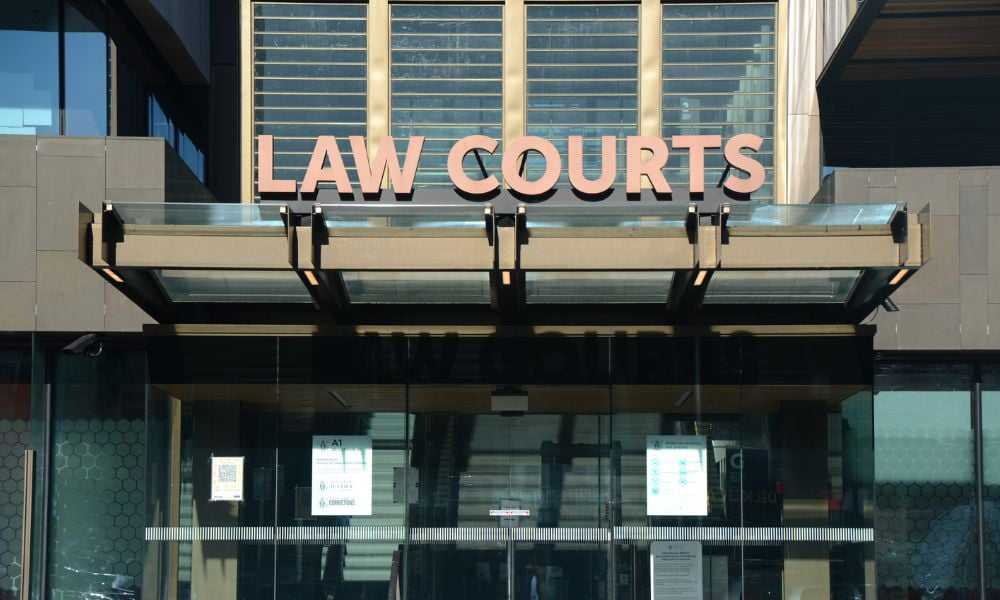
The decision allows the estate to be settled despite failure to locate one of the beneficiaries

The High Court has authorised a trustee to distribute a missing beneficiary’s share among the known beneficiaries of Russell Thomas Wilson’s estate after extensive but unsuccessful efforts to locate the missing heir.
Russell Thomas Wilson passed away on 26 January 2023, leaving a will that divided the estate equally among his four children. One of these children, Tony Ralph Wilson, predeceased him, and his share was to be divided among his surviving children. Tony's death certificate revealed six children, but only four have made contact with the estate. One daughter was adopted out and is not entitled to a share, leaving one child unaccounted for.
Efforts to locate the missing child believed to be a daughter born around 1999, have been extensive but unsuccessful. These included enquiries with family and friends, a search through the Department of Internal Affairs, which found no records, and advertisements in the New Zealand Herald and The Australian.
The trustee, Joanne Wilson, Tony's sister, reported that Tony mentioned another child who had possibly relocated to Australia but provided little detail. Friends and family corroborated the child's existence but could not provide additional information. Without a name or specific details, social media searches were deemed impractical.
Under the Trusts Act 2019, the court can authorise trustees to distribute trust property if reasonable measures to locate potential beneficiaries have been taken. The court must be satisfied that 60 days have passed since the last measure was taken and no potential beneficiary has come forward, or the claim of any such beneficiary may be disregarded in the circumstances.
The court noted that section 136 of the Trusts Act replaced section 76 of the Trustee Act 1956. While the old act required trustees to publish advertisements, the new act called for "reasonable measures" to inform potential beneficiaries. The nature and size of the estate affect what constitutes reasonable measures.
The High Court found that the trustee had taken reasonable measures to locate the missing beneficiary, including inquiries with friends, family, and government departments and placing advertisements in newspapers. Given the lack of detailed information about the missing beneficiary, further searches were not justified as they would erode the modest sum involved.
The court noted that the application could not be served on the missing beneficiary due to the lack of information. As a result, the court granted leave for the application to be determined without notice. The court was satisfied that all statutory requirements were met and authorized the trustee to distribute the missing beneficiary’s share among Tony Wilson’s four known children. This decision allows the estate to be settled despite the inability to locate one of the beneficiaries.